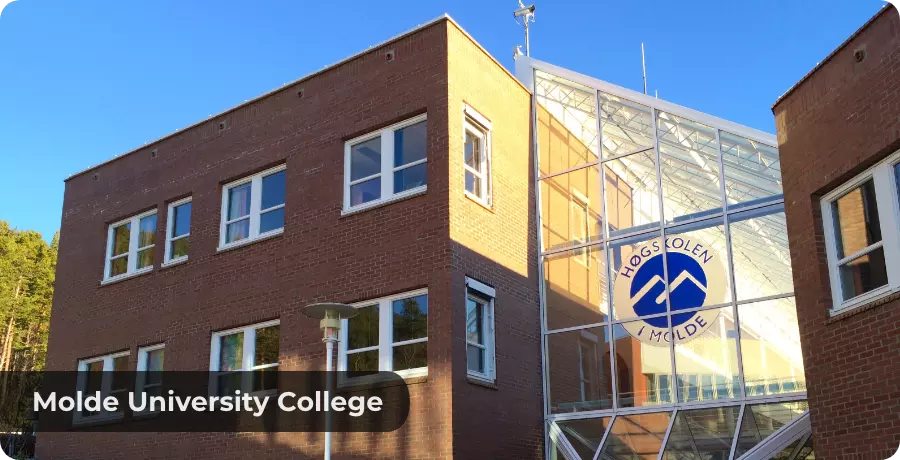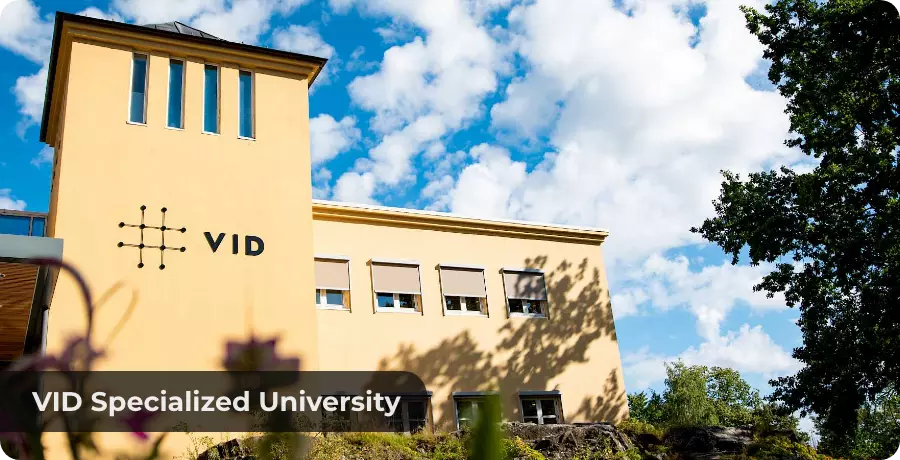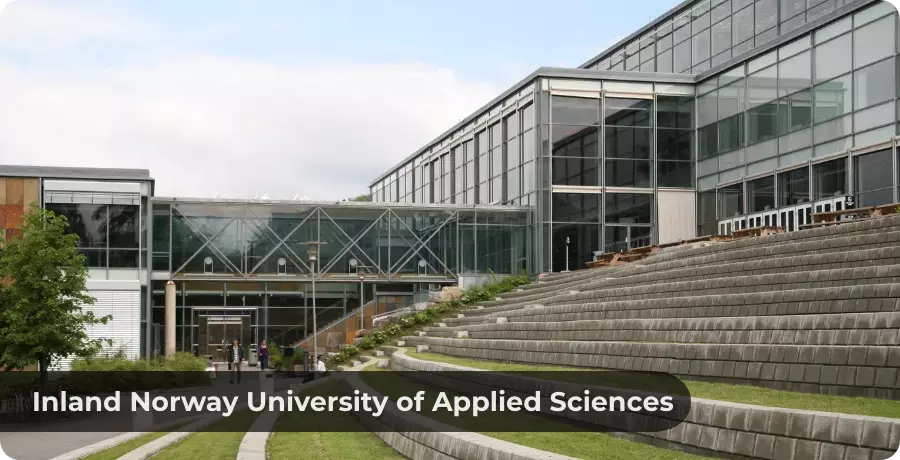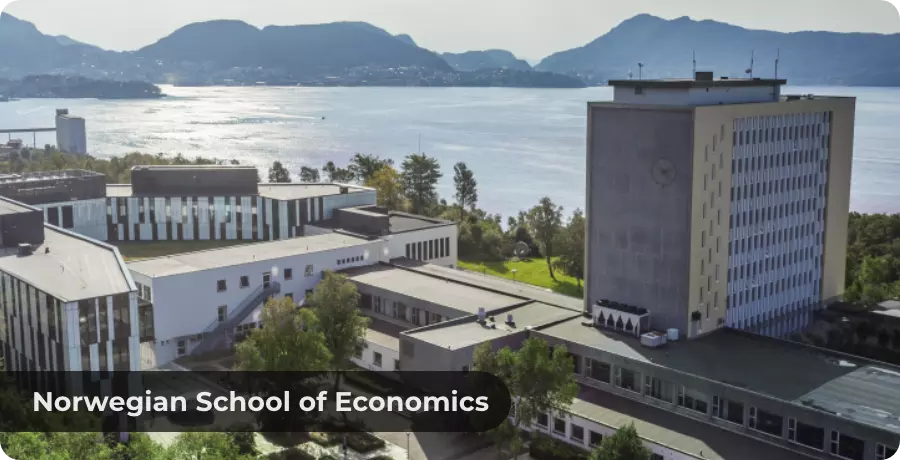Thinking about studying medicine in Norway? Great choice! Norway has excellent universities for Indian Students who want to pursue their career abroad. This blog will make it super easy for you. We'll talk about some of the best ones where you can learn about medicine. Get ready to explore the exciting world of medical studies in Norway!
Universities Offering Medical Courses in Norway
Established in 1811, the University of Oslo is a renowned institution globally recognized for its cutting-edge medical research. The Faculty of Medicine at Oslo ensures a comprehensive medical education, blending theoretical knowledge with practical training. The university's commitment to hands-on learning exposes students to the latest advancements in healthcare.
Nestled on the picturesque west coast, the University of Bergen, founded in 1946, offers a unique approach to medical studies. The university's Faculty of Medicine embraces an interdisciplinary perspective, providing students with a holistic understanding of healthcare. The university's commitment to internationalization creates a diverse and inclusive learning environment.
-
Norwegian University of Science and Technology (NTNU):
Established in 1996, NTNU in Trondheim stands out for its focus on research and innovation in the medical field. The Faculty of Medicine offers medical technology and biotechnology courses with scientific knowledge and practical medical applications.
-
Norwegian University of Life Sciences (NMBU):
Formerly known as the Norwegian School of Veterinary Science, NMBU, established in 1859, is a top choice for aspiring veterinarians. The university has a veterinary program that emphasizes animal welfare and research. Students at NMBU gain theoretical knowledge alongside practical experience.
Founded in 1994, the University of Stavanger on the southwest coast offers a modern learning environment for medical students. The Faculty of Health Sciences combines theoretical knowledge with practical skills to prepare students for the dynamic healthcare landscape.
-
Norwegian School of Economics (NHH):
While primarily known for economics, NHH, established in 1936, offers health economics programs relevant to medical studies. The university's international faculty and students contribute to a diverse learning environment.
-
OsloMet - Oslo Metropolitan University:
With a focus on applied sciences, OsloMet, founded in 2018, is known for practical and applied learning in healthcare disciplines. The university maintains strong ties with the industry, providing students with real-world exposure and opportunities.
-
Norwegian School of Sport Sciences (NIH):
Specializing in sports medicine and related fields, NIH, established in 1879, offers programs that combine medicine and sports. The university is actively involved in sports and exercise science research, contributing to the advancement of the field.
-
BI Norwegian Business School:
BI, founded in 1943, offers specialized programs in healthcare management. The university prepares students for leadership roles in healthcare organizations through a curriculum emphasizing theoretical knowledge and practical skills.
-
Norwegian Academy of Music:
Offering programs that combine medicine and music therapy, the Norwegian Academy of Music, established in 1973, provides a unique blend of medical and artistic perspectives. Students at this academy explore creative approaches to healthcare by integrating music therapy.
Founded in 1994, the University of Agder is recognized for its commitment to education and research. The university's medical programs focus on providing students with a strong foundation in healthcare, blending theoretical knowledge with practical application.
-
Inland Norway University of Applied Sciences (INN University):
Established in 2017, INN University is known for its emphasis on applied sciences in healthcare. The university's programs integrate theoretical concepts with hands-on experiences, preparing students for real-world challenges in the medical field.
Admission Process to Medical Courses in Norway
Medical course applicants in Norway need a high school diploma or a relevant bachelor's degree. Prerequisites include biology, chemistry, and physics. Language proficiency in English (via tests like IELTS or TOEFL) is necessary for English-taught programs, while Norwegian proficiency is required for programs in the Norwegian language. Some programs may also mandate entrance exams, such as the MCAT.
The document verification process involves submitting academic transcripts, recommendation letters, a personal statement, language proficiency scores, a resume or CV, passport or ID copy, entrance exam scores (if applicable), completed application forms, proof of health insurance coverage, and evidence of financial ability to cover expenses.
Costs Associated with Medical Courses in Norway:
-
Tuition Fees: Tuition fees for international students in Norway can range from approximately NOK 80,000 to NOK 150,000 per academic year, depending on the program and institution.
-
Cost Of Living: Monthly living costs can range from NOK 10,000 to NOK 20,000, depending on the city and lifestyle.
Scholarships for Medical Courses in Norway
Indian students pursuing medical studies in Norway can access various scholarships, including merit-based awards from universities, the Norwegian Government Quota Scheme, and Erasmus Mundus Joint Master's Degrees. Applicants should check program-specific eligibility and application details on university websites and explore external funding options offered by organizations like SIU. Early applications increase the likelihood of securing financial assistance for their medical education in Norway.
Career Opportunities upon Completing Medical Courses in Norway
Upon completing medical studies in Norway, graduates can explore diverse career opportunities with titles such as General Practitioner, Specialist Physician, Research Scientist, Hospitalist, Public Health Officer, Medical Consultant, Medical Lecturer/Professor, Healthcare Administrator, Clinical Trial Coordinator, and Medical Writer.
In short, studying medicine in Norway is super cool. You can be a doctor, or specialist, or do research. The schools are excellent, and you can learn a lot. After, you can work in hospitals, research, or teach. It's a fantastic way to have an interesting and important job, not just in Norway but maybe in other places too!







.webp)




